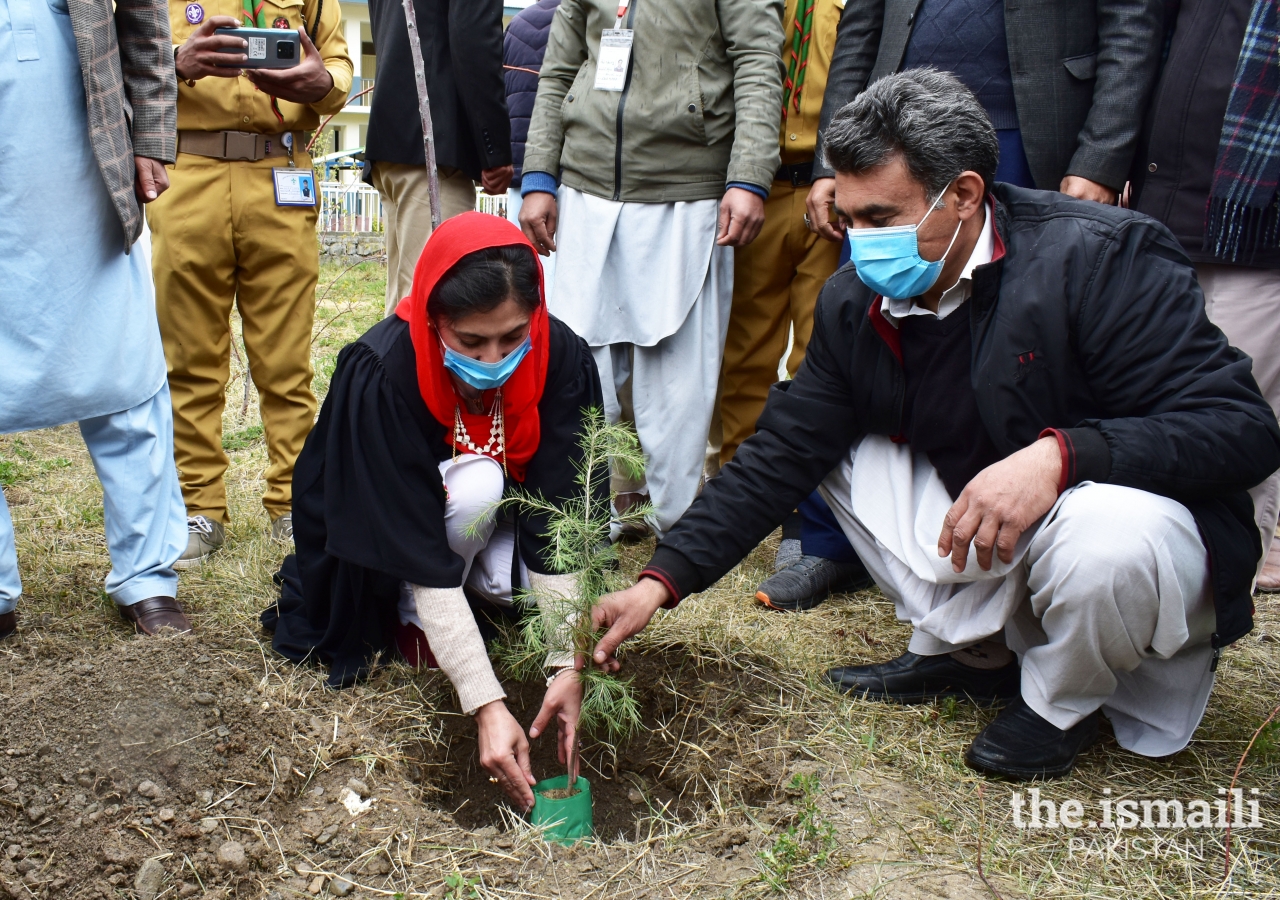Communities across the world, whether they reside in mountains, deserts, pastures, urban settlements, or coastal areas, are affected by changes in the natural environment, mainly due to climate change. The natural environment has been particularly exploited by human activity in the last few decades. We cannot turn back time, but as a united global society, we can reflect on our personal and social priorities to take responsibility for a healthier environment. After all, a conducive natural environment is a precursor to ensuring an improved quality of life for humanity.
Recognising the growing challenges of environmental sustainability, the world has joined hands to commemorate the United Nations (UN) Decade on Ecosystem Restoration from 2020-2030. This year was particularly important for Pakistan, as it hosted World Environment Day and called on the global community to focus on ecosystem restoration around the theme of “Reimagine. Recreate. Restore.”
Aligned with the global efforts on environmental sustainability and the Government of Pakistan’s role in spearheading the environmental cause, the Ismaili community launched the Ismaili CIVIC initiative in Pakistan under the theme of environmental protection. A flagship activity is ‘Darakht se Hayat’ (Tree for Life), under which community members worked with representatives from the public, private, and civil society sectors to plant over 162,000 trees across Pakistan.
At the forefront of all activities under the Ismaili CIVIC initiative are the young Ismaili Boy Scouts and Girl Guides who, along with their peers from the sister communities, play a major role in contributing towards environmental sustainability through awareness walks, garbage collection, and planting trees in local settlements. Environmental stewardship is a crucial aspect of the Islamic ethos, with a rich historical tradition in Muslim history, and the practice is continuing among Ismaili youth engaged in institutional initiatives from an early age.
For instance, in 2019, the Ismaili Girl Guides in Hunza, Gilgit-Baltistan, were recognised by the Pakistan Girl Guides Association (PGGA) and won a national award for their unique clean-up project to tackle the increasing pollution in Hunza due primarily to the influx of tourists. Adopting a comprehensive approach, the Girl Guides raised funds by making and selling handicrafts and homemade treats. They joined hands to clear the litter in areas by installing dustbins and arranging walks and other community-based initiatives to educate locals on how to keep the area clean.
Similarly, the Ismaili Boy Scouts across Pakistan have pioneered several projects such as cleaning the beaches and public areas, awareness campaigns and innovative social impact concepts for a healthy environment. Such activities contribute towards a cleaner, greener environment, and also empower the younger generations to act as responsible global citizens who take ownership for the natural environment.
In addition to the Ismaili community Institutions, the Aga Khan Rural Support Programme (AKRSP) has been working for nearly four decades for the mountain communities in Gilgit-Baltistan and Chitral in Pakistan to contribute towards environmental sustainability. AKRSP has gained national and international recognition for its community-centric programmes on natural resource management, micro-hydel energy and improved agricultural practices in close collaboration with public, private and civil society stakeholders.
The Aga Khan Agency for Habitat (AKAH) has also led several initiatives to address climate change issues and contribute towards environmental sustainability. For instance, AKAH has initiated community-based infrastructure initiatives for water and sanitation, benefitting over half a million people in the mountain communities in Pakistan. Recently, AKAH is also supporting the Government of Pakistan in its ambitious efforts to plant 50 million trees in Gilgit-Baltistan.
Appreciating the commitment of AKAH in addressing the issues related to climate change, David Ireland, Chief Executive of World Habitat, noted, “What makes AKAH’s work exceptional is that it’s not just responding to the effects of the climate emergency but is being proactive in protecting people from its effects - through using technology and the knowledge of the communities themselves…The potential for this approach to be adapted and used in similar areas in Pakistan and elsewhere is absolutely huge.”
Collective efforts to preserve the natural environment of Pakistan, and of the world, are the responsibility of every citizen. Remember, protecting the planet starts with us all.








